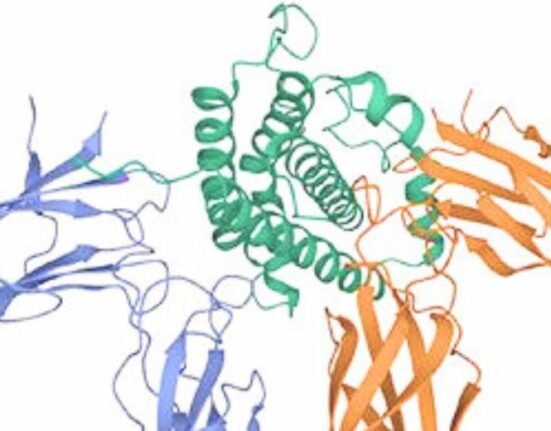HQ Team
August 7, 2023: Italy’s lower house unanimously green-lighted a ‘right to be forgotten’ bill to protect cancer survivors from insurance agencies and banks, which ask for their prior condition.
“With the unanimous vote of the Chamber of Deputies… the first step is taken to introduce oncological oblivion also in Italy.” Orazio Schillaci, Minister of Health, said in a statement.
The result “rewards the united work of all political forces and the commitment of patient associations who have been claiming this right for years.”
The minister said he “strongly” supported the need for oncological oblivion “which represents the solution to remove obstacles that generate strong inequalities and affect the life prospects of cancer survivors.
‘Same sensitivity’
“I am sure that the Senate will also proceed with the same sensitivity and speed to arrive at the definitive approval of the law,” Mr Schillaci said referring to the upper house.
The statement in Italian, issued by the government, was translated to English language through Google Translate.
The bill allows cancer patients, who are recovering, not to share information about their previous condition with financial institutions, adoption authorities, or banks.
It listed a condition that 5-10 years should have passed since the successful end of their cancer treatment.
In February 2022, the European Union called on all member states to introduce the right to be forgotten for cancer survivors across the bloc by 2025 and for the right to be enshrined in the relevant EU legislation.
Internet searches
The right to be forgotten is a right to have private information to be removed from Internet searches and other directories in certain cases.
The concept has been practiced in several jurisdictions, including Argentina, the Philippines, France, Luxembourg, the Netherlands, Belgium, Romania, and Portugal.
The issue evolved from the desires of individuals to determine the development of their lives in an autonomous way, without being perpetually or periodically stigmatized as a consequence of a specific action performed in the past.
It reflects the claim of individuals to have their data deleted so that no one can trace them.
20 million Europeans
Italian Prime Minister Giorgia Meloni, in June, had said her right-wing government would offer the necessary support to make sure that the law gets approved in “the shortest time possible.”
About 20 million people have survived a cancer diagnosis in Europe — 4.2% of the total resident population and 35% of which is made of long-term survivors, according to the European Cancer Patient Coalition.
The EU registers 2.6 million new cancer diagnoses each year, according to the commission. The population of cancer survivors is expected to grow by 3% every year in the future, making the issue surrounding the right to be forgotten even more urgent.
3.6 million Italians recovered
In Italy, the problem impacts an estimated 3.6 million people who have recovered from cancer.
Internet users in the EU have increasingly used the right to dereferencing. Since June 2014, Google has processed more than 850,000 dereferencing requests and Google has ultimately delisted more than 1.3 million website addresses.
About one million Italians could be considered cured from a medical standpoint, but they are still discriminated against when taking major steps in their lives — like asking for a loan or trying to adopt a child — because of their previous illness, according to the coalition.








